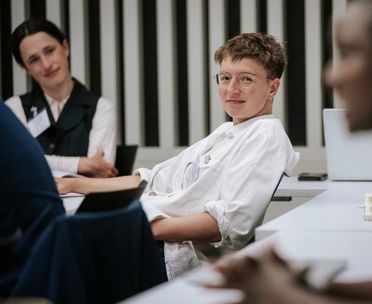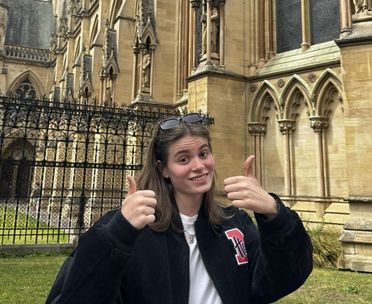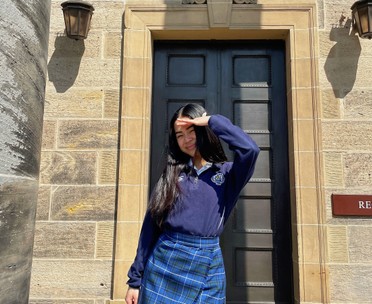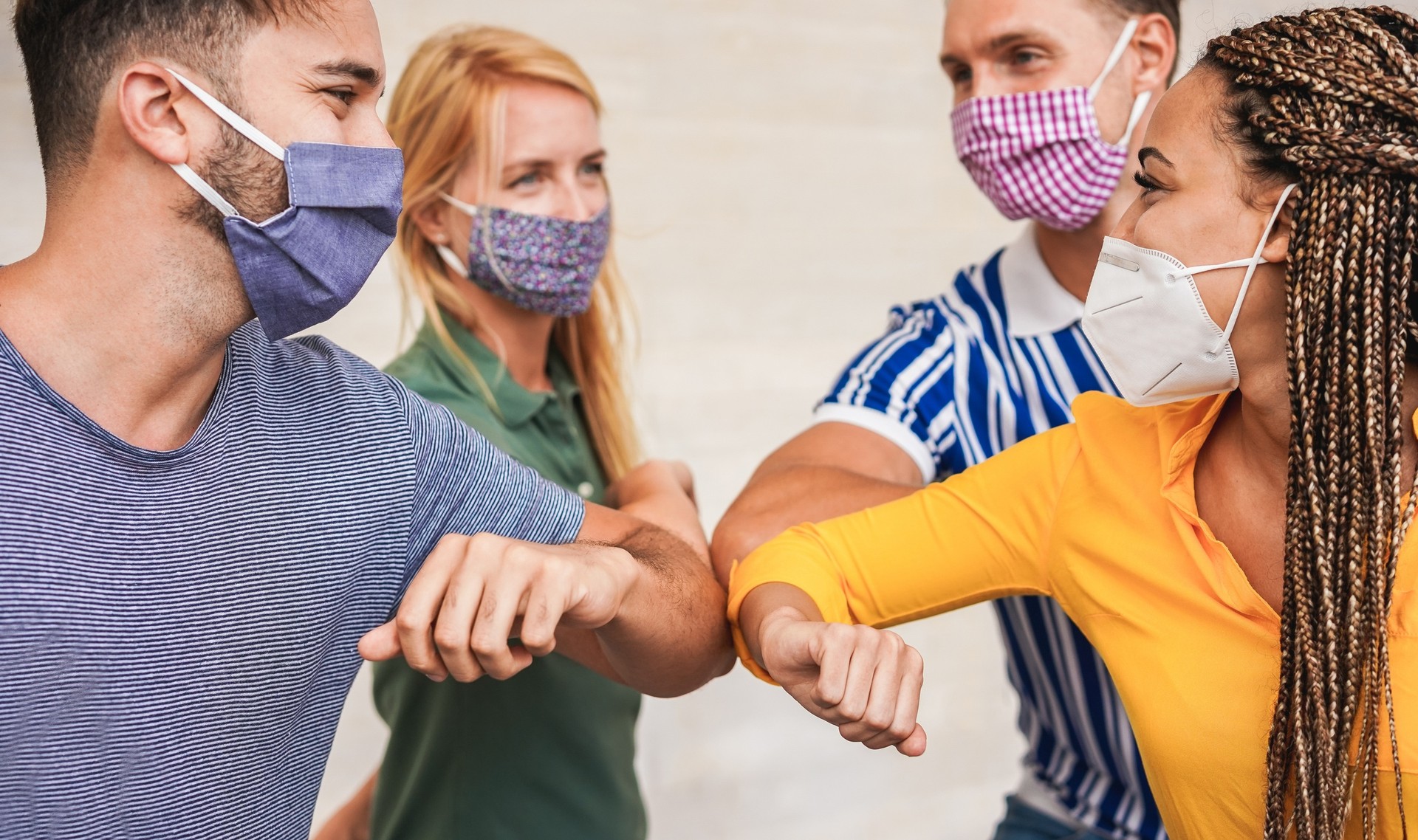

TuckGO in a New Era
January 13, 2021
Like most of the world’s universities, the global COVID-19 pandemic forced Tuck School of Business at Dartmouth College to cancel all travel starting March 2020 and lasting through the whole academic year 2020 – 2021. The story of the TuckGO team in the context of the last challenging days shows the power of the Tuck network and may inspire others. In the interview, we have asked Lisa Miller, Director of Global Insight Expeditions and On-Campus Programs.
How much did the global pandemic complicate Tuck studies abroad?What kind of particular problems did you have to solve?
The challenge that we were subsequently presented with was how to ensure that our TuckGO learning goals could be met absent the ability to travel. The TuckGO team quickly pivoted and turned to virtual programming. Students enrolled in our FYPGO (Global First-Year Project) course in the spring, for example, were able to continue working with international clients virtually. Through frequent meetings and video conferencing, they connected with business leaders oceans away, learning about dynamic international markets and often supporting clients on projects with COVID-related business challenges.
We also implemented two new virtual programs, through which students who were not on an FYPGO project could still gain international exposure and learn about business customs and etiquette in different cultures. During the academic year 2020 – 2021, we have offered Tuck students the opportunity to participate in virtual term exchanges with some of our international partner schools. This has enabled students to take courses offered at these schools that we do not offer at Tuck, such as courses on luxury brand management. The students are also able to interact with peers at the host schools through study groups and group projects.
We have also pivoted to offer our OnSite Global Consulting course virtually. This is a 14-week elective for second-year students. Students do weeks of prep work from campus and then travel to perform market research before presenting their final recommendations to their consulting clients. This year the travel component was substituted with many virtual meetings between students and contacts aboard. Despite the pandemic, OnSite teams conducted projects for clients in Colombia, Haiti, Hong Kong, India, and Japan.
What principles do you follow to keep the quality of the educational experience?
To ensure the quality of all the virtual programs we have offered to date, we have kept a laser focus on our learning goals. We’ve approached the pandemic as an opportunity to meet these goals in new and innovative ways that are consistent with our institutional values.
For example, the TuckGO alternative programming that we offered during spring 2020 enabled students to assess their cultural self-awareness, capacity for empathy (ability to understand another’s perspective), and agility (ability to appropriately adapt behavior) and then integrate their learning through structured reflection on the course's content. Students completed the Intercultural Development Inventory and received personalized coaching afterwards. They also completed an exercise analyzing cultural norms and expectations. We now have a library of videos available to students about cultural competency that we will continue to draw from even after travel resumes.
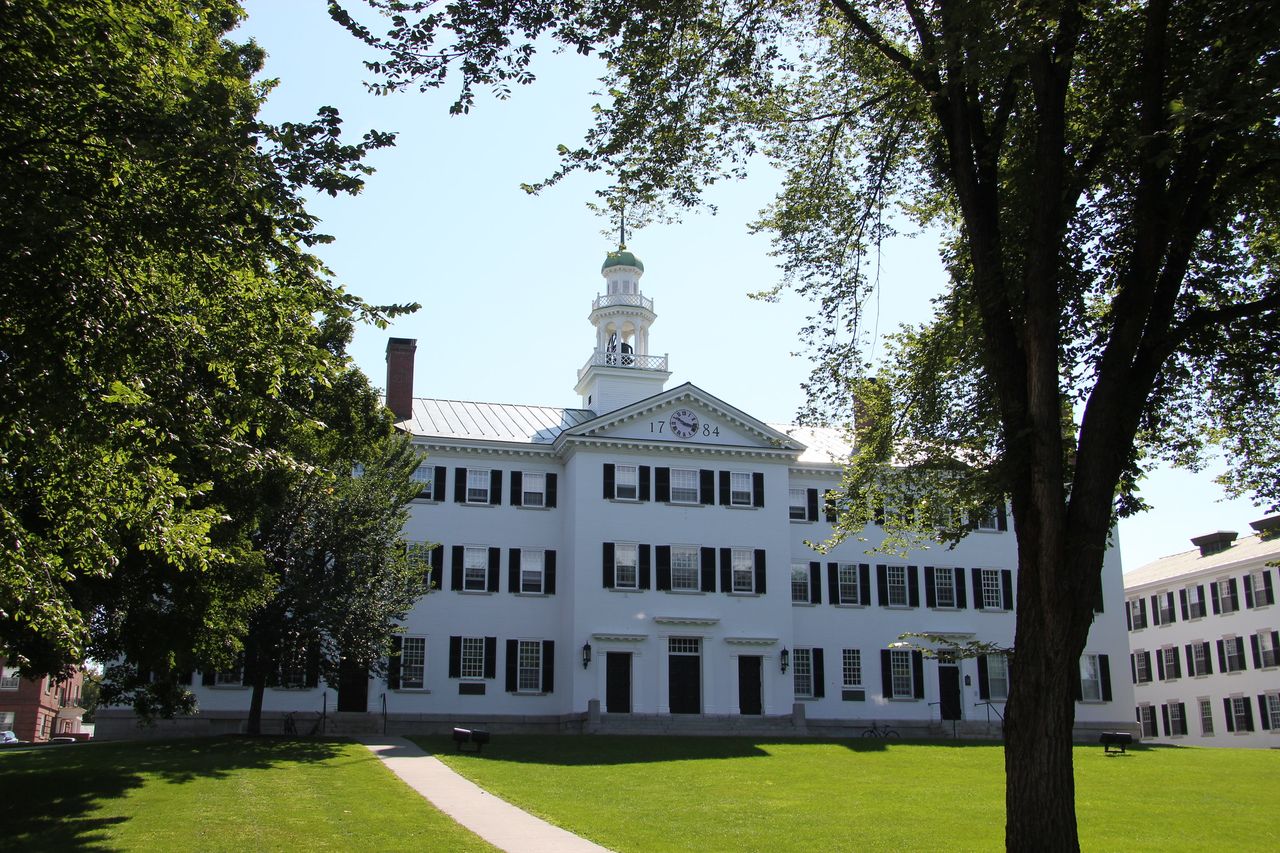
A campus of Dartmouth College in Hanover, New Hampshire
Have you realized any particular research on the impact of the pandemic?
This fall, one of our OnSite Global Consulting teams worked on a project for an organization called Build Health International (BHI). BHI is part of an international coalition called “Every Breath Counts”. This coalition includes the WHO, UNICEF, PATH, MSF, PIH, World Bank, Gates, and hundreds of other funders and NGOs working on oxygen in low- and middle-income countries. In the project, our team recommended a sustainable model for oxygen distribution in Haiti’s southern peninsula – a critical and complex challenge for a low resourced-country, especially in the time of COVID.
Another of our FYPGO teams pivoted to a COVID-related project in which they examined the opportunity for telehealth during and after COVID. We anticipate that work will offer insights for years to come as well.
What are your new best practices and key learnings from the new situation?
Travel courses will always play an important role in Tuck’s portfolio of offerings. However, the pandemic served as a stark reminder that travel is not always possible. We cannot rely on travel alone to teach intercultural competence. Virtual speakers and projects are an excellent means of globalizing classroom-based courses. Virtual team activities and meetings spanning time zones and cultures also reflect the realities of the work environments that our students will experience in their careers, often building relationships with international colleagues remotely. The pandemic spurred TuckGO to become more skilled at these types of connections.
Our top learning is that courses that require students to collaborate with people from other countries to achieve an outcome are relatively resilient to the cancelation of travel. Those meaningful exchanges and connections can still happen, and common goals can still be achieved.
What can you keep from these challenging times?
TuckGO is working diligently to plan for subsequent years. We are applying what we’ve learned during this pandemic to make our travel-based courses more resilient should travel ever be interrupted in the future again, and we’re thinking through how we can incorporate select virtual elements into TuckGO offerings long term. It was easier to organize large meetings virtually, as we did not need to contend with limited room capacity or scheduling issues. We can now also create new programs about destinations to which we are unable to travel for safety, logistical, or cost reasons, or about topics that are not covered in the Tuck curriculum.
